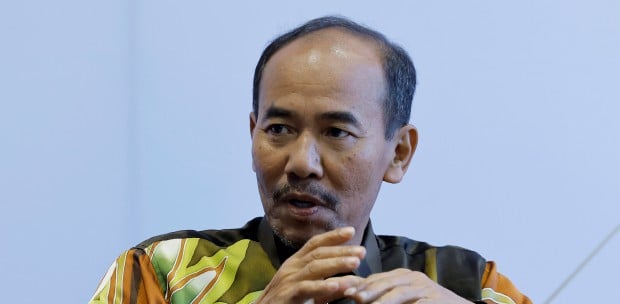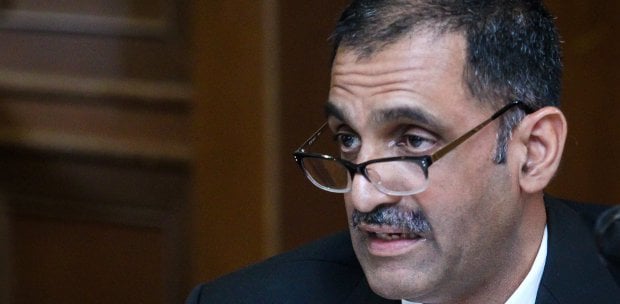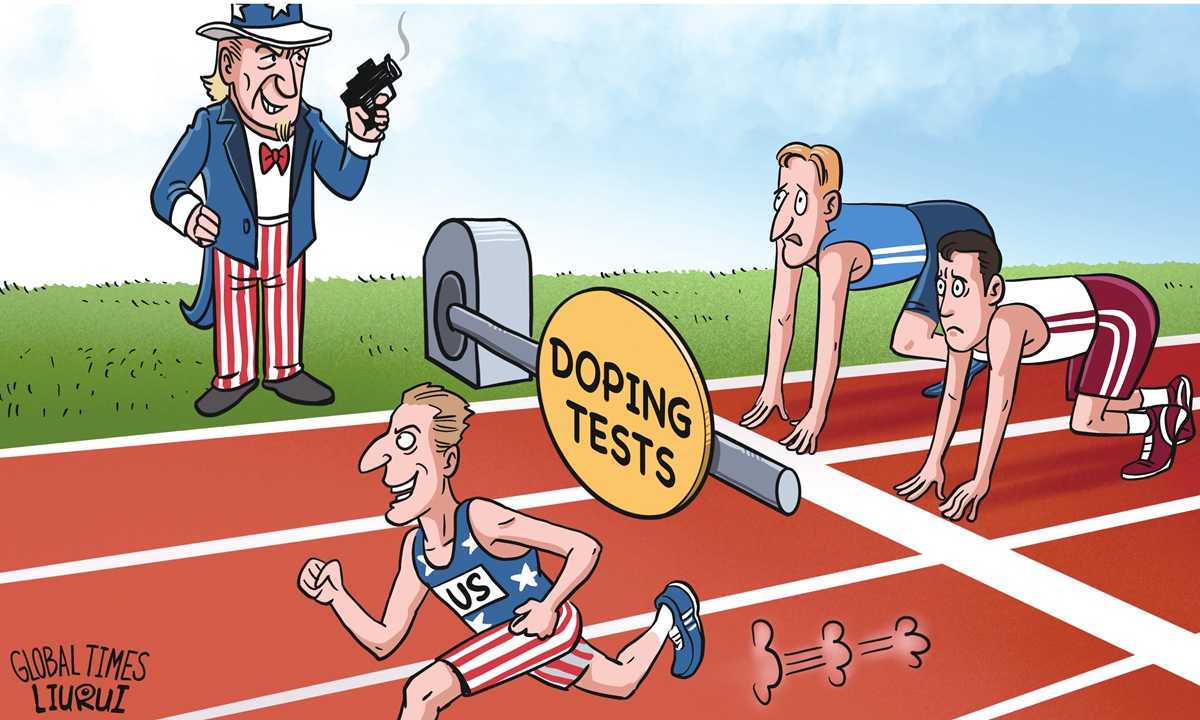
PUTRAJAYA: While the fluttering of the Jalur Gemilang and shouts of independence (Merdeka) grow louder as National Day approaches, this patriotic spirit would be more meaningful if it were translated into action by citizens joining the government to free the nation of corruption and abuse of power.
In the past, the people were willing to risk their lives to fight the colonisers to free the homeland. Today, citizens must be brave in taking action against those who give and receive bribes for the honour of the nation towards ensuring the country continues to progress and gain respect globally.
Indeed, fighting this "enemy within" is not easy, but it can be achieved through integrity and public participation, supporting the government's committed efforts to combat corruption and abuse of power.
Moreover, Prime Minister Datuk Seri Anwar Ibrahim has repeatedly emphasised the need to fight those who steal or rob the nation's wealth, regardless of rank or age.
Therefore, Enforcement Agency Integrity Commission (EAIC) chairman, Tan Sri Dr. Ismail Bakar urges all Malaysians, whether in the public or private sector, to embody the spirit of independence in conjunction with the 67th National Day by courageously opposing misconduct and corruption to uphold the dignity of the nation.
He said the government's aspiration is for civil servants to have high integrity, ensuring that there is no more leakages in the management of government finances, thus improving the delivery system of services to the people.
"There should be no more injustice in public service delivery, no more favouritism. This is the spirit of independence from the perspective of integrity. It means that if we have a free spirit, we are free to receive government services fairly and equitably without the need to participate in government project tenders that require middlemen," he told Bernama in an interview recently.
Ismail said that if the public service delivery system is transparent, the government's allocations will be fully utilised for projects without any leakage, thus ensuring that the people fully benefit from the allocations.
"Government projects are funded by the people; if there is leakage, the people have to pay back, the lifespan of the project becomes shorter, and the quality declines. Eventually, the project requires additional maintenance costs. There is no funding due to leakage, so the government has to borrow and raise taxes. Therefore, corruption and integrity issues need to be viewed from a broader perspective," he said.
He added that significant losses of national revenue can occur due to negligence in government agencies, such as at ports and entry points, and the presence of elements providing protection to illegal activities and the underground economy.
"In line with the National Day theme, 'Malaysia Madani - Jiwa Merdeka,' EAIC appeals to all government agencies with power to engage in self-reflection.
"We need to reflect on whether what we have been doing is right, especially for agencies with the power to act but instead protect activities that harm society and the nation by losing opportunities to generate revenue by protecting illegal activities. I believe this is a serious betrayal of the King," he said.
He said that every civil servant is appointed by the King through the Constitution, and if they lack integrity by protecting illegal activities such as gambling, prostitution, and drugs, they are betraying their appointment and the current government.
"If there are those involved, whether department heads or others, please embrace the principles of the National Day spirit towards a clean and progressive Malaysia. Reflect and ask yourself if you are satisfied with the issues of leakage, corruption, and integrity," he said.
He stressed that fighting corruption and misconduct is everyone's responsibility, whether department heads, politicians, or all branches of government, including the executive, legislative, and judiciary, in upholding the spirit of integrity and refraining from corruption.
Ismail underscored that efforts to enhance the level of integrity among civil servants begin with the appointment process and that if the appointment to a position is done correctly and in accordance with the law, it ensures that integrity is better instilled at the public service level.
He also said that the role of schools in providing knowledge and exposure on integrity needs to be strengthened, and parents should educate their children about not taking what doesn't belong to them, mutual respect, and not encouraging the culture of paying bribes to get tasks done.
Ismail emphasised that achieving a respected nation requires more than economic progress and development as it is also essential for civil servants to be respected for their high level of integrity, setting an example for other countries.
"Foreigners look at Malaysia based on the strength of its civil servants. Good civil servants reflect the country's development. I'm sure that if the civil servants are not up to the mark, the country will not progress.
"I want to see Malaysian civil servants known worldwide as individuals with integrity who can contribute to the nation's development," he said. -- BERNAMA
Related stories







